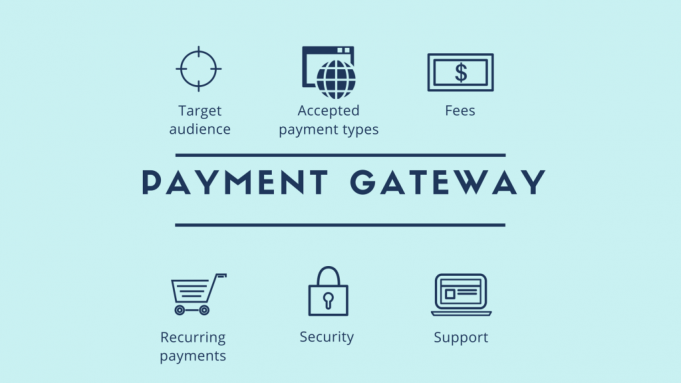In simple terms a payment gateway is a standard or customized software package that enables the secure transactions of online payments between the customer and the merchant. There are four salient factors to consider when selecting the payment mechanism for your ecommerce Web site. These include acceptability, ease of integration, customer base, ease of use and ease of access.
Acceptability. The payment system selected must be widely accepted by merchants to ensure that payments are processed without delays.
Ease of integration. The software package and its website interface that is used by users to input their payment details need to be integrated effectively to the ecommerce Web site.
Customer base. The chosen payment systems must cater for a sufficient amount of users to justify the expense of implementing a payment gateway.
Ease of use and ease of access. The payment system selected should be user-friendly and easy to use to cater of all levels of users.
Shopping Cart and Online Payment Software
The easiest way to automate online payments and setting up a payment gateway is to use a standard software package which automates the online products catalogue and implements the functionality of a shopping cart to your ecommerce Web site. Users can browse the products catalogue and select the items they wish to purchase. These items are transferred to the shopping cart which subsequently directs the users to the online transaction form. At this point payment details are inserted and the payment software automates the transaction.
Alternatively custom payment software can be built to specifically meet your organisation’s requirements. Custom payment software can also include enhancements such as a stock control module which allows the customer to know whether the item required is in stock.
Merchant Services
Merchant services act as an interface between the ecommerce Web site and the seller’s bank. Merchant services enable the seller to set up merchant credit card agreements and also provide secure software and hosting services.
Alternatively one can opt to engage the services of third-party merchant services who take credit card payments on behalf of other sellers for a commission from each transaction.
Security Considerations relating to Online Payments
When conducting business transactions online some further considerations need to be accounted for. An ecommerce Web site needs to ensure that its online payments transactions remain confidential. Furthermore, it requires the means to authenticate the user who is making the transaction as well as ensuring that the data remains intact and that it cannot be repudiated.
Countermeasures include ensuring that protocols that provide for encryption and authentication are properly installed, investing in digital certificates, ensuring that your Web servers are resilient to intentional security attacks and that they are also capable of handling increased traffic.
Nevertheless, it is important to note that countermeasures address the threats and mitigate the risks however contingency plans in case of system failures are required to ensure business continuity.


















